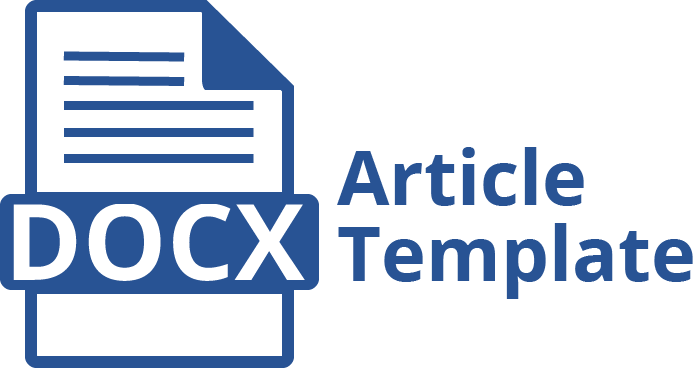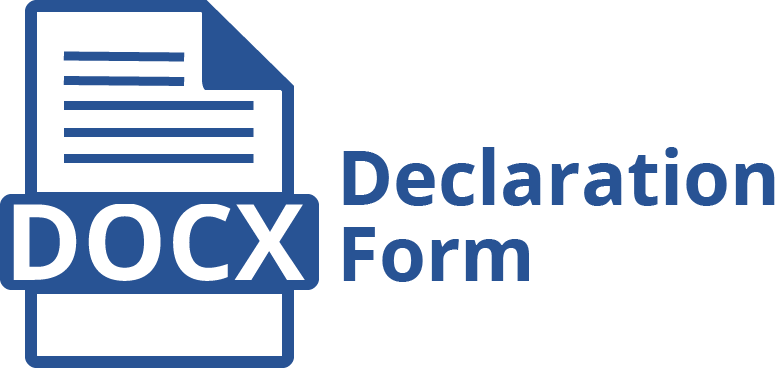- Focus and Scope
- Section Policies
- Peer Review Process
- Open Access Policy
- Archiving
- Copyright and License
- Publication Ethics
- Screening for Plagiarism
Focus and Scope
Jurnal Ilmu Kehutanan (JIK) is a biannual open-access journal by the Faculty of Forestry, Universitas Gadjah Mada, Indonesia. JIK publishes peer-reviewed scientific articles focusing on the management, silviculture, conservation, and product technology of tropical forests. JIK welcomes articles reporting original fundamental and applied research related to tropical forestry. The Journal intends to communicate and motivate research activities through scientific papers, including research articles, short communications, and reviews. The Journal uses international editorial conventions to consider publication suitability and conducts a double-blind peer-review selection process.
Section Policies
Articles
Articles should be concise, written in English, focused on new results and data, max 8000 words, and contain 10 - 30 references (approx.).
Editorial
Editorials should be concise, max 1000 words, contain 3 -10 references (approx.), and can only be submitted by Editors and Section Editors.
Reviews
Reviews should be overview articles of recent advances in the research of selected topics. The structure of review papers should follow the instructions below, except that there is no need to have “Material and methods,” “Results,” and discussion” sections. The length of review papers may vary according to the importance of the material. They should contain more than 20 references (approx.).
Short Communications
Short Communications should be short reports of original studies of limited scope, max 3000 words, and contain 10 - 20 references (approx.).
Front Matters
Front matters of the journal
Back Matters
Back matters of the journal
Peer Review Process
Jurnal Ilmu Kehutanan is a peer-reviewed journal.
All manuscripts submitted to this journal must follow focus and scope, and author guidelines of this journal. The submitted manuscripts must address scientific merit or novelty appropriate to the focus and scope. All manuscripts must be free from plagiarism contents. All authors are suggested to use plagiarism detection software for the similarity checking. Editors check the plagiarism detection of articles in this journal using Turnitin software.
All manuscript submitted to this journal will be double-blind peer-reviewed at least 2 (two) or more expert reviewers. The reviewers' valuable scientific comments will be forwarded to the authors to improve valuable scientific comments. While submitting the revised manuscript, the authors should explain how the reviewers' comments have been addressed. If the authors disagree with the reviewers' comments, the reason(s) should be explained.
The Editors will make the final decision on article acceptance. The Editors use the following criteria in evaluating the papers: the novelty and interest for a broad audience, the quality of the paper, the adequate methodology, and interpretation of the results provided by the authors. Publication of accepted manuscripts will consider the sequence of accepted date.
The Editor-in-Chief is responsible for the overall editorial process and coordination, assisted by Associate Editors who will coordinate the review process of manuscripts dealing with subjects of their expertise. The final decision on whether to accept or reject a paper rests with them. The Editor reserves the right to make some corrections (without altering the essence of the work) to style, phraseology, arrangement of figures, etc., without communicating with the author. If the Editor decides that the manuscript requires essential changes, the author will be asked to accept those changes. The overall editorial process takes 27 weeks in average.
Open Access Policy
Articles published under Jurnal Ilmu Kehutanan (JIK) are made freely available online immediately upon publication, without subscription barriers to access. In addition, it will allow readers to reuse, republish or distribute the article in various ways or use them for any other lawful purpose. Articles are published under the terms of a Creative Common license which permits use, distribution, and reproduction in any medium provided the original work is properly cited. More
Archiving
This Journal utilizes the LOCKSS system to create a distributed archiving system among participating libraries. It permits those libraries to create permanent archives of the Journal for purposes of preservation and restoration. More
Copyright and License
Authors who publish with this journal (from Vol 16 No 2 onwards) agree to the following terms:
- The Journal allows the authors to hold the copyright without restrictions and allow the authors to retain publishing rights without restrictions. Authors retain copyright and grant the journal right of first publication with the work simultaneously licensed under a Creative Commons Attribution-NonCommercial-ShareAlike 4.0 International License that allows others to share the work with an acknowledgment of the work's authorship and initial publication in this Journal.
- Authors are able to enter into separate, additional contractual arrangements for the non-exclusive distribution of the Journal's published version of the work (e.g., post it to an institutional repository or publish it in a book), with an acknowledgment of its initial publication in this journal.
- Authors are permitted and encouraged to post their work online (e.g., in institutional repositories or on their website) prior to and during the submission process, as it can lead to productive exchanges, as well as earlier and greater citation of published work (See The Effect of Open Access).

This work is licensed under a Creative Commons Attribution-NonCommercial-ShareAlike 4.0 International License.
Publication Ethics
As a peer-reviewed journal, this statement clarifies ethical conduct to all parties involved in manuscript publication Jurnal Ilmu Kehutanan, including the author(s), editors (editor-in chief and associate editor), and the peer-reviewers. This statement is relied on Practice Guidelines for publication as in Committee on Publication Ethics (COPE’s Best).
In general, all parties should:
- promote fairness and equality and oppose discrimination;
- promote the transparency of and respect for the academic record;
- respect the confidentiality of others;
- be transparent about real or apparent competing interests.
Authors
Authors should ensure that:
- Their work is original and written by them;
- Their work has not been previously published and has been submitted only to the journal where material is taken from other sources (including their own published writing); the source is clearly cited and that where appropriate permission is obtained;
- Their work does not infringe on any rights of others, including privacy rights and intellectual property rights;
- Their data is true and not manipulated;
- Their data is their own or that they have permission to use data reproduced in their paper;
- Any real or apparent conflicting or competing interest is clearly stated on submission of their paper (this would include funding assistance);
- They adhere to all research ethics guidelines of their discipline, particularly where human or animal subjects are involved;
- They contact the Editor to identify and correct any material errors upon discovery, whether prior or subsequent to publidcation of their work;
- Authorship of the paper is accurately represented, including ensuring that all individuals credited as authors participated in the actual authorship of the work and that all who participated are credited and have given consent for publication.
Are you interested in submitting to this Journal? We recommend you review the About the journal page for the Journal's section policies and the Author Guidelines. Authors need to register with the Journal before submitting or, if already registered, can log in and begin the five-step process. The manuscript template is available here. A tutorial for submission adopted from BPP UGM (2021) is available here.
Reviewers
Reviewers must:
- Maintain the confidentiality of the review process;
- Immediately alert their journal editor of any actual or potential competing interest that could affect the impartiality of their reviewing and decline to review where appropriate;
- Conduct themselves fairly and impartially.
Reviewer Guidelines is available here
Editors
Editors should:
- Maintain and promote consistent ethical policies for their journals.
- Oversee and act to enforce those policies as needed fairly and consistently.
- Ensure the confidentiality of the review process.
- Exercise the highest standards of personality integrity in their work as Editor of the journal, recognizing and planning, for instances, where they could have a competing interest or the appearance of a competing interest.
- Work with authors, reviewers, and Editorial Board members as necessary to ensure they are sufficiently advised regarding their journals’ ethics and publishing policies and that the Journal’s stewardship on ethical matters is fair, unbiased, and timely.
Screening for Plagiarism
During submission, Authors are also required to submit a statement of plagiarism-free using this form. During reviewing processes, the manuscript submitted to this journal will be screened for its originality using Turnitin software; the acceptable maximum similarity index is 25% in total, with a maximum of 3% from each source, excluding quotes and bibliography.









